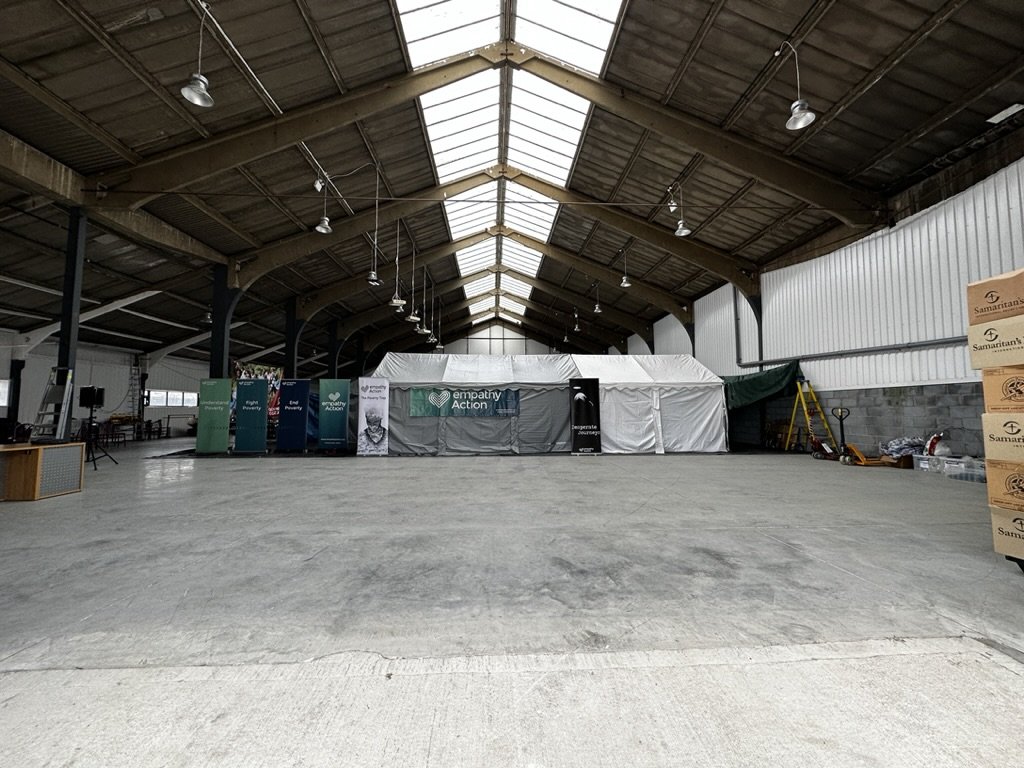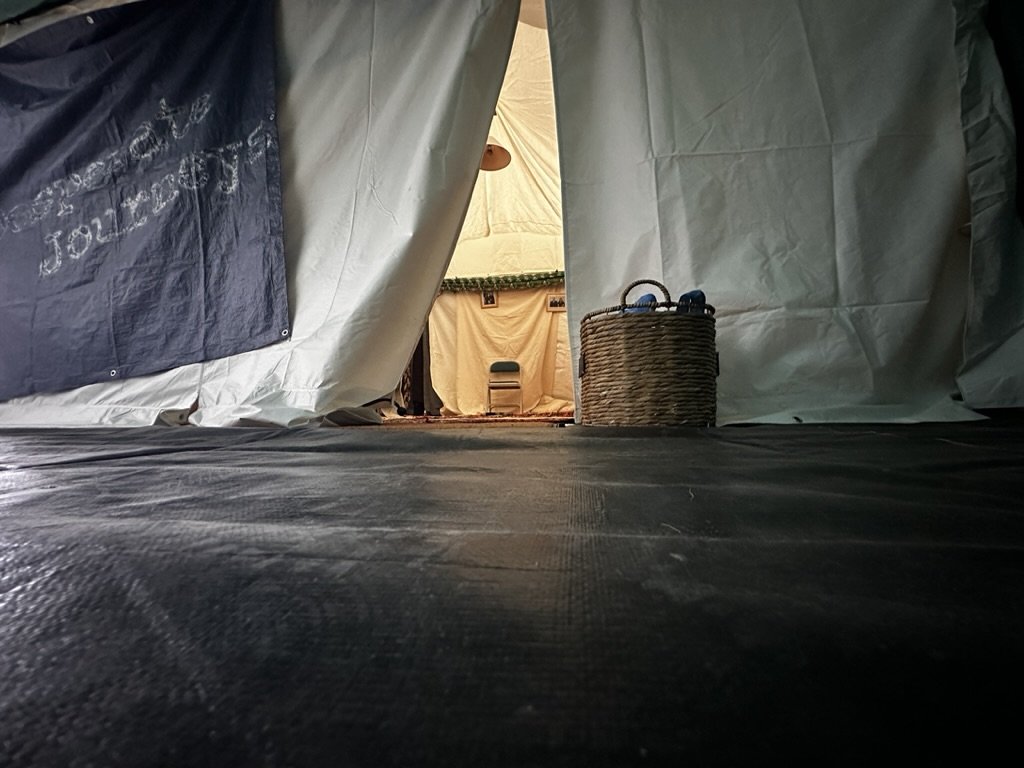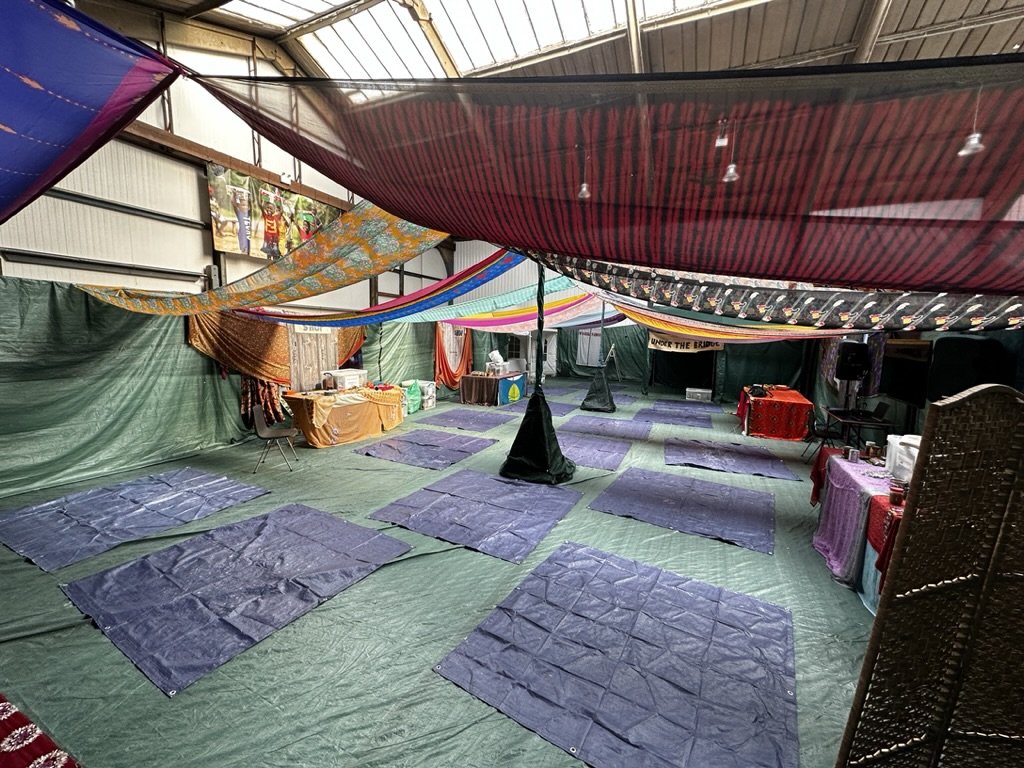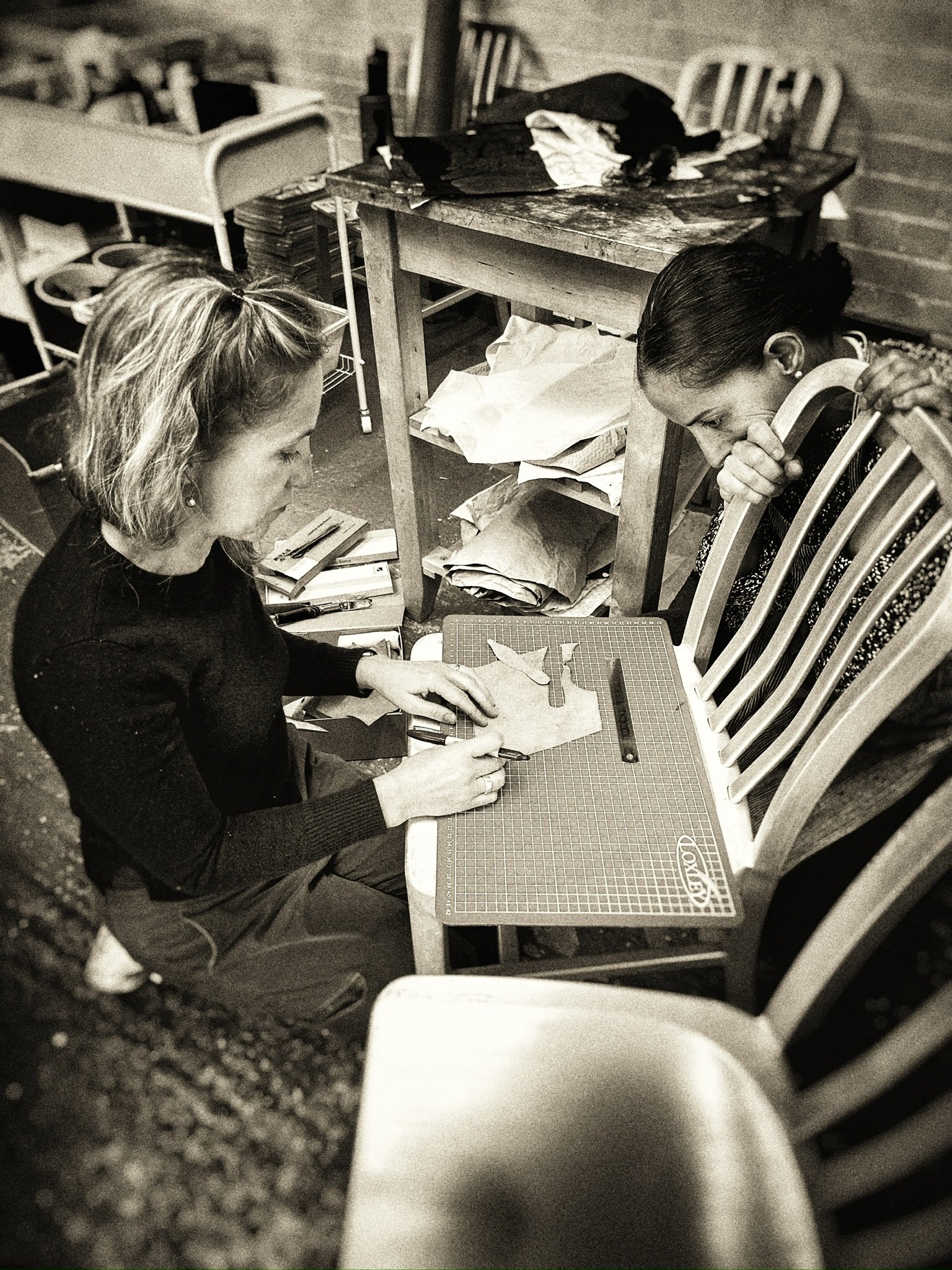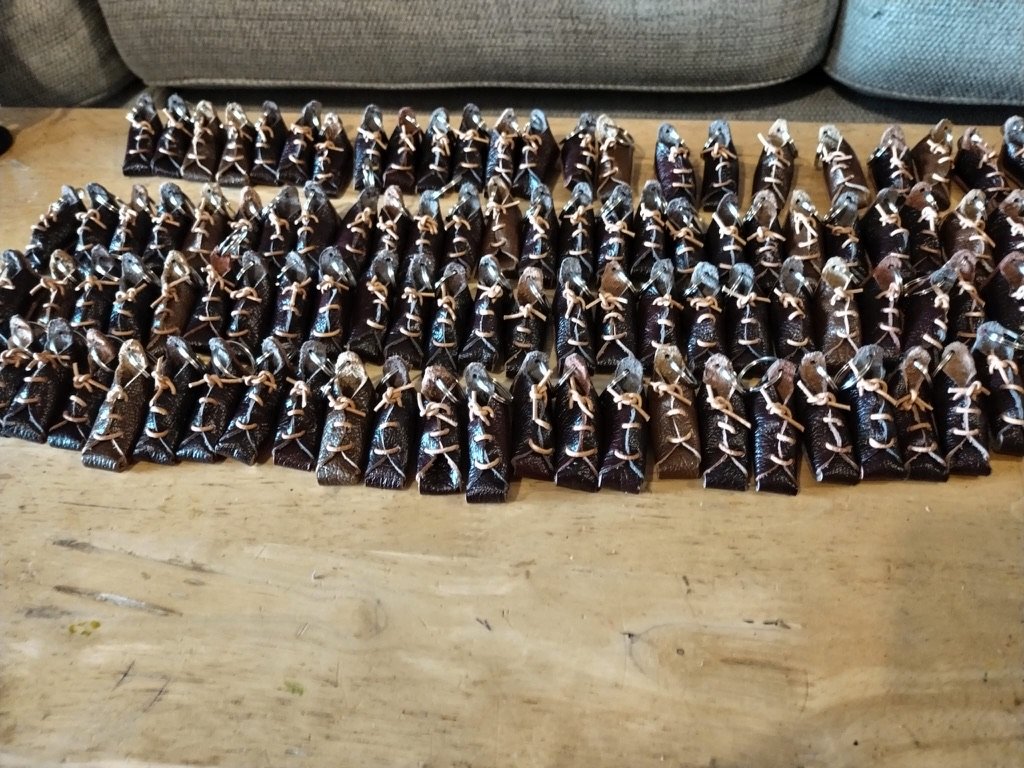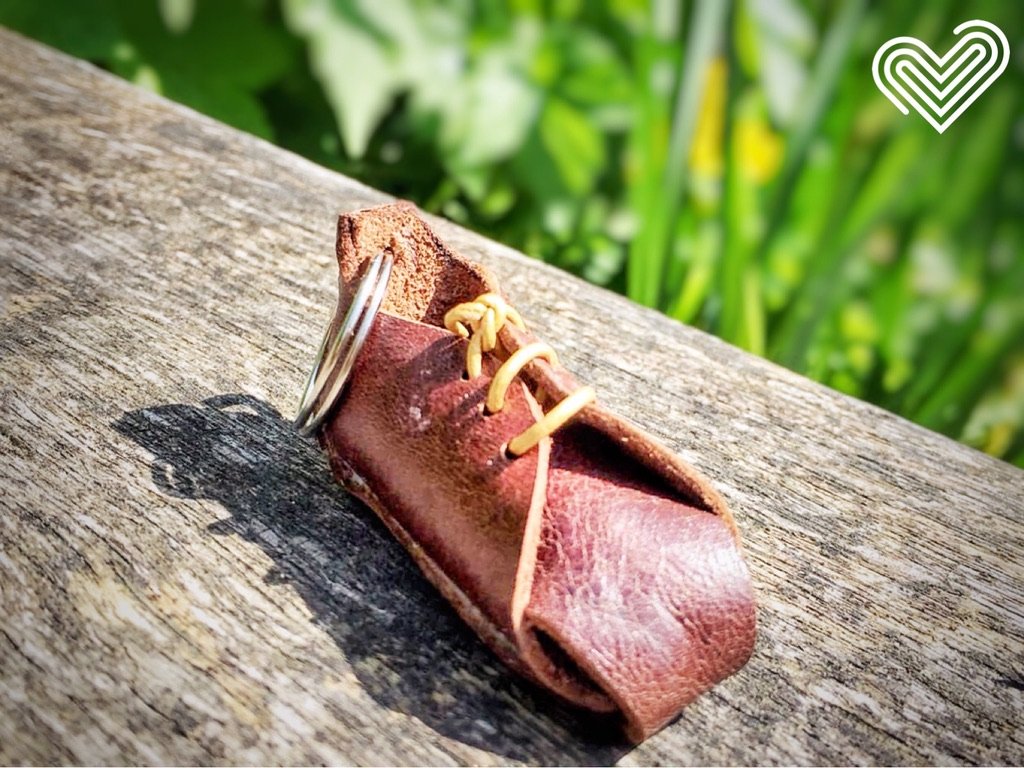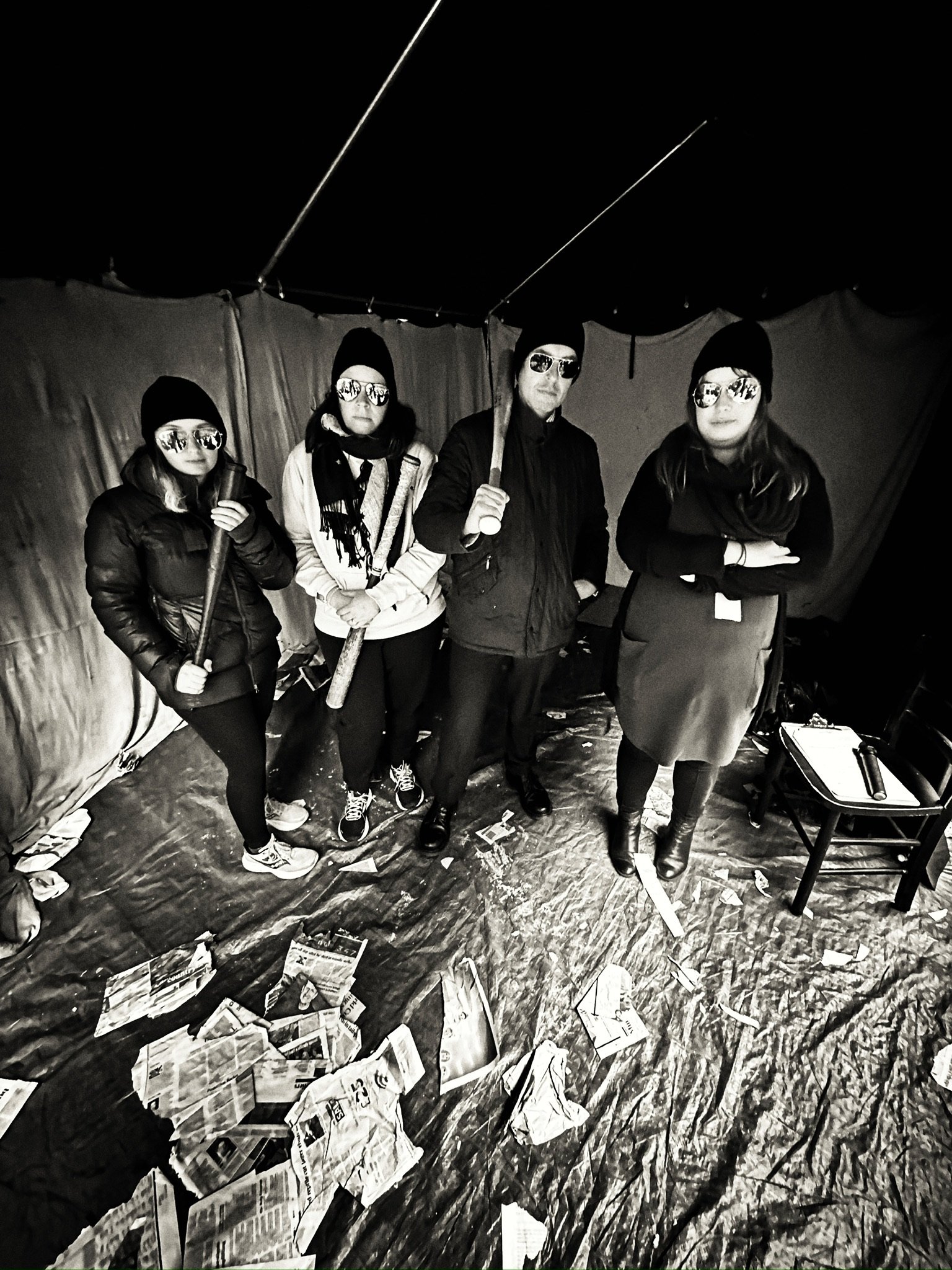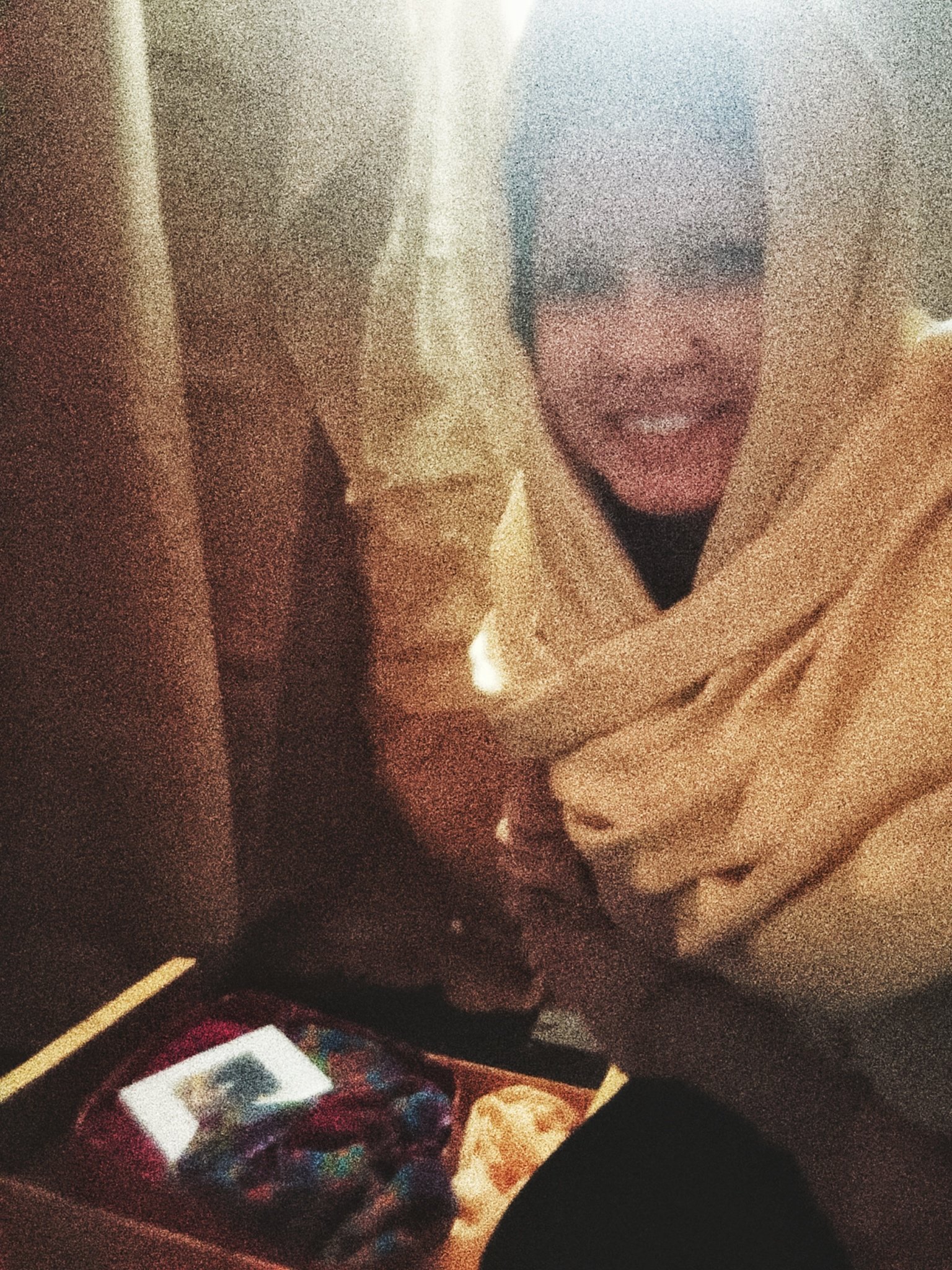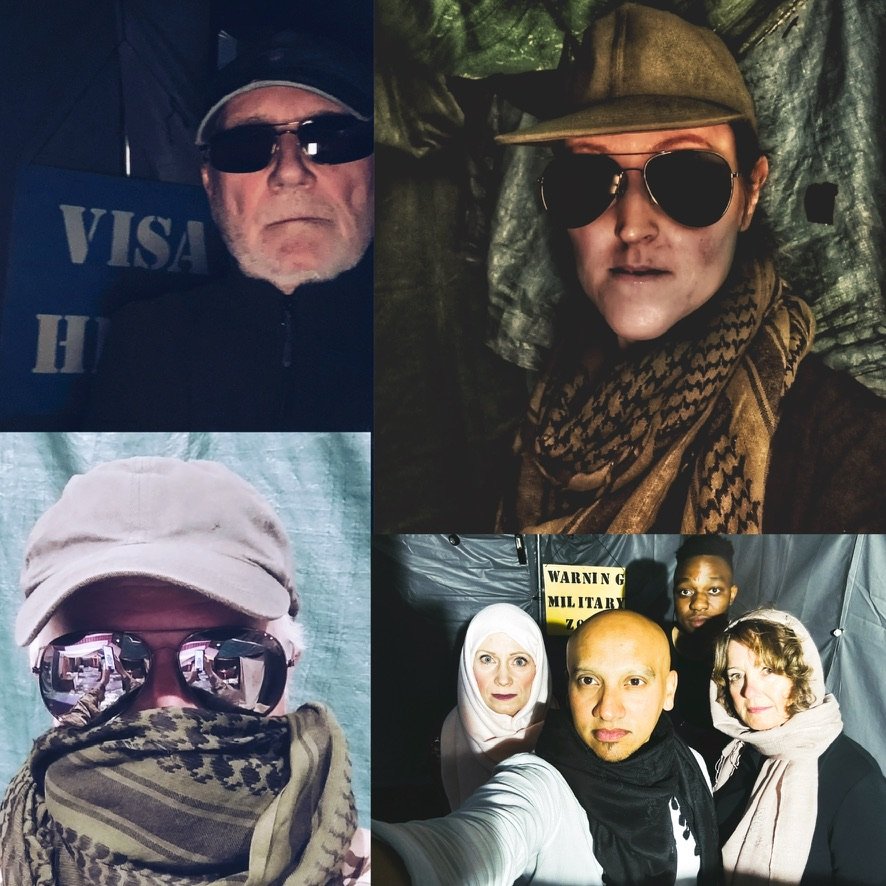The Cycle of Hate
#15 | 18/10/23
“No one is born hating another person because of the color of his skin, or his background, or his religion. People must learn to hate, and if they can learn to hate, they can be taught to love, for love comes more naturally to the human heart than its opposite.”
In light of the quote above, and the ongoing global events involving Israel, Hamas, Palestine, and Gaza, we at the Empathy Collective find it pertinent to delve into the cycle of hatred.
Roots of Hatred
Where does hatred come from? How is it passed on? And how can we break free from its shackles? Unraveling the enigma of hatred is a tough endeavour. Its roots run deep, often tracing back generations and becoming entangled in a web of complexity and confusion.
Emergency Action
There come times of urgent action, like the present moment, when rallying for the release of prisoners, opening up humanitarian corridors for aid, advocating for ceasefires, engaging in peace-making, and fostering diplomacy become imperative.
Sowing Seeds of Peace
Alongside, there's a pressing need to lay the groundwork for peace-building for the foreseeable future. We must strive not to let the seeds of hatred and fear germinate within the hearts of the next generation. In the lull of ceasefires and fleeting moments of peace, it's crucial to cultivate a culture imbued with empathy, compassion, and optimism.
Breaking the Cycle
If not, the vicious cycle of hatred perpetuates. It is espoused, inherited, and rapidly proliferates through victimisation. Social media echo chambers, designed to amplify monologues and stifle dialogues, further fuel its growth. The repercussions are acts of hatred, which in turn, spawn retaliatory acts of hatred.
Breaking free from this cycle is a long-drawn process, quite literally, the labor of love... and the continual teaching of love.
Teach love. Repeat.
And when the weight of the world feels too heavy to bear, when you want to switch it all off, remember, you're not alone. Reach out to others who share your sentiments (feel free to get in touch with us), because the world needs compassionate souls to keep caring. It's okay to tire, it's okay to rest, but let's keep the flame of empathy burning.
Empathy Action completes a season of a warehouse takeover to deliver its immersive programmes for schools and groups in the South East of England. All made possible by 10 Duke of Edinburgh students, a warehouse that is not being used with a generous owner saying “please use it”and a few Empathy Angels helping build cultures of empathy.
New MILE IN MY SHOES products are back (and will be part of Desperate Journeys) and made with our friends Sevenoaks Welcomes Refugees. A few will be on the Empathy Store over the coming weeks.
What we are watching, listening, reading, attending…
Uncomfortable conversations.
An excellent series by Emmanuel Acho starting with ‘Uncomfortable Conversations with a Black’ man following the death of George Floyd extends to uncomfortable conversations about Israel and Palestine.
Here’s the two episodes:
Part 1 (of 2) Noa Tishby
Part 2 (of 2) Noura Erakat
Other reads, clips, podcasts, events, films from around the team
Our friends at ThoughtBox Education have selected a set of resources to help speak to children and others here. In their words it is: “a collection of free resources for educators and parents to be exploring the conflict in Israel and Palestine and to keep stoking the fires of compassion”
Director, Ben Solanky wrote about his time in the West Bank with Seven Words from the Holy Land back in 2019.
We’re following our friends from Amos Trust and their work for justice in Gaza and the West Bank. They are hosting a number of webinars and specials zoom meet ups.
A funders perspective on an issue like Israel and Palestine and should they be getting involved: Progressive philanthropy is missing in action – again – on Israel/Palestine
The interview with Bassem Yousef by Piers Morgan went viral because in Bassem’s own words the issues were conveyed without falling into the traps of a “certain point of view (not a bias)” and as result “people felt heard”.
A series of films celebrating the beauty of Gaza, its people, its struggle and its survival. The program aims to resist the demonisation of this beautiful place.
training your empathy muscle
Dutch filmmaking company Zouka made a short video asking an empathy question: what if it were you.
Disclaimer (from Zouka): “This video was produced in an educationally responsible manner. All children were ultimately aware that it was a fictional situation. Both the parents and the children were well informed in advance about our methods and gave permission for the filming and distribution.”
Additionally, we find Taha Muhammad Ali’s poem on Revenge helpful.
Revenge
At times … I wish
I could meet in a duel
the man who killed my father
and razed our home,
expelling me
into
a narrow country.
And if he killed me,
I’d rest at last,
and if I were ready—
I would take my revenge!
*
But if it came to light,
when my rival appeared,
that he had a mother
waiting for him,
or a father who’d put
his right hand over
the heart’s place in his chest
whenever his son was late
even by just a quarter-hour
for a meeting they’d set—
then I would not kill him,
even if I could.
*
Likewise … I
would not murder him
if it were soon made clear
that he had a brother or sisters
who loved him and constantly longed to see him.
Or if he had a wife to greet him
and children who
couldn’t bear his absence
and whom his gifts would thrill.
Or if he had
friends or companions,
neighbors he knew
or allies from prison
or a hospital room,
or classmates from his school…
asking about him
and sending him regards.
*
But if he turned
out to be on his own—
cut off like a branch from a tree—
without a mother or father,
with neither a brother nor sister,
wifeless, without a child,
and without kin or neighbors or friends,
colleagues or companions,
then I’d add not a thing to his pain
within that aloneness—
not the torment of death,
and not the sorrow of passing away.
Instead I’d be content
to ignore him when I passed him by
on the street—as I
convinced myself
that paying him no attention
in itself was a kind of revenge.
(Taha reads his poem here)
5 ways to help …
… to build a culture of empathy
Volunteer - we really need a bunch of regular helpers (eg a few hours or more(!) a week or for our immersive workshops from time to time). Sign up to our ‘Behind the Scenes at Empathy Action’ fortnightly email for regular opportunities.
Share the news - please forward, share any social media posts (helping us trend is a great way of using the powerful word-of-mouth way to communicate.)
Introducing - we’d value ‘an intro’… to any potential vols, groups or people that may wish to use the gifts on the empathy store for their conferences, events or weddings & birthday parties! Possibly even a word to school or business that might like to run an immersive workshop. Word of mouth is the best!
Become an Empathy Angel - monthly investors in helping build cultures of empathy … We can’t and don’t want to do this alone!
Host a coffee morning with a table of our handicrafts to sell and invite interested people to learn more and enjoy a cuppa
Thank you!



